24th – 26th September 2025, Norwegian University of Life Sciences
Please follow the link bellow and register in order to access the livestream:
https://www.nmbu.no/evu/nordev25-solidarity-social-justice-and-sustainability

24th – 26th September 2025, Norwegian University of Life Sciences
Please follow the link bellow and register in order to access the livestream:
https://www.nmbu.no/evu/nordev25-solidarity-social-justice-and-sustainability


Follow the link bellow for more information:
https://www.eadi.org/eadi-events/general-conference/eadi/iob-2026-shaping-sustainable-futures-global-challenges-glocal-solutions/eadi/iob-2026-call-for-papers#
Uma Kathari (Confirmed Keynote Speaker)
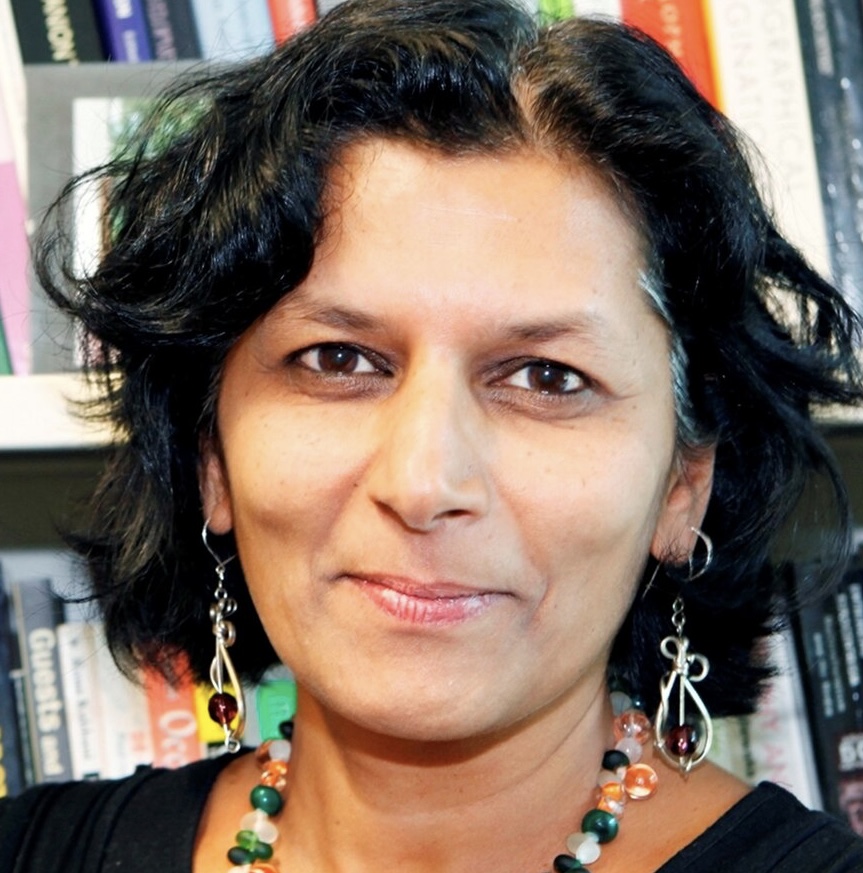
Uma Kothari is Professor of Migration and Postcolonial Studies at the Global Development Institute, University of Manchester. Her research interests include colonial legacies and decoloniality; postcolonial travel; island geographies and the power of stories. Her most
recent book, Critical Global Development, was published in 2023. She is currently a Leverhulme Major Research Fellow on the project ‘Touring Britain in the 1950s: the adventures of postcolonial travellers’.
Olle Törnquist (Confirmed Keynote speaker/panelist)
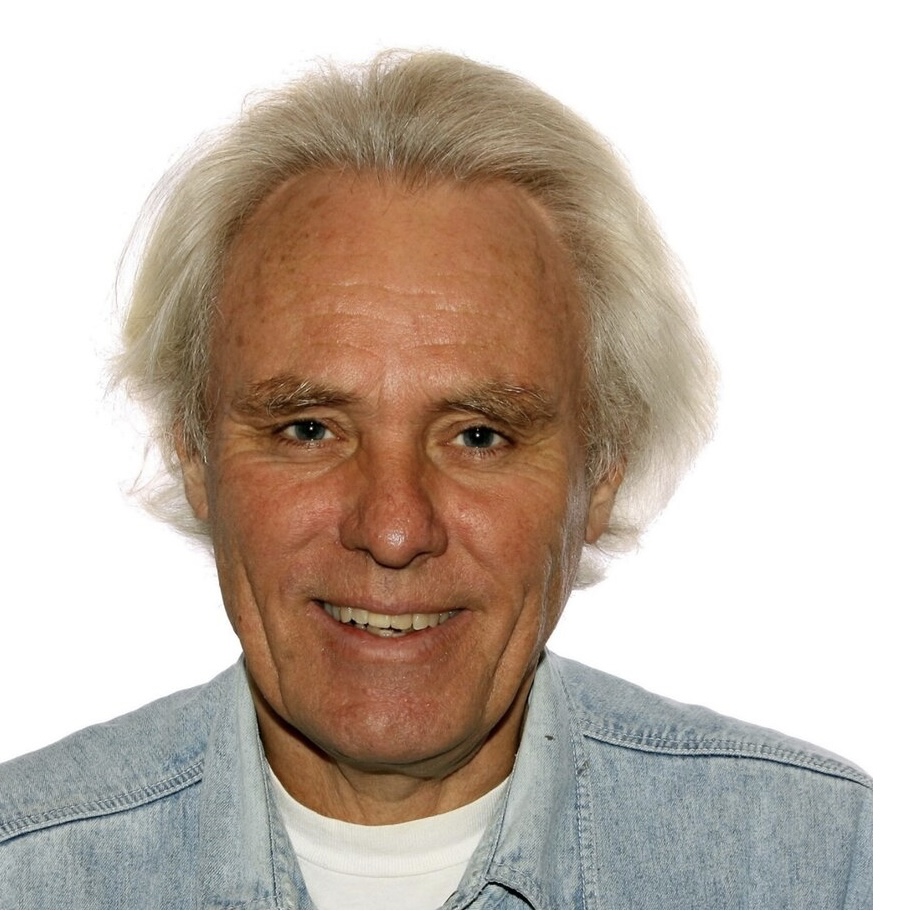
Olle Törnquist is a Swedish global historian and Professor Emeritus of Politics and Development at the University of Oslo, Norway; earlier at Uppsala University. He has written widely on radical politics, development and democratisation. His main empirical focus since the 1970s has been Indonesia, India and the Philippines, with Scandinavia and South Africa and Brazil as reference cases. The results were recently summarised in In Search of New Social Democracy: Insights from the South – Implications for the North (Zed-Bloomsbury).
Andrea Ordóñez Llanos (Confirmed Keynote speaker/panelist)
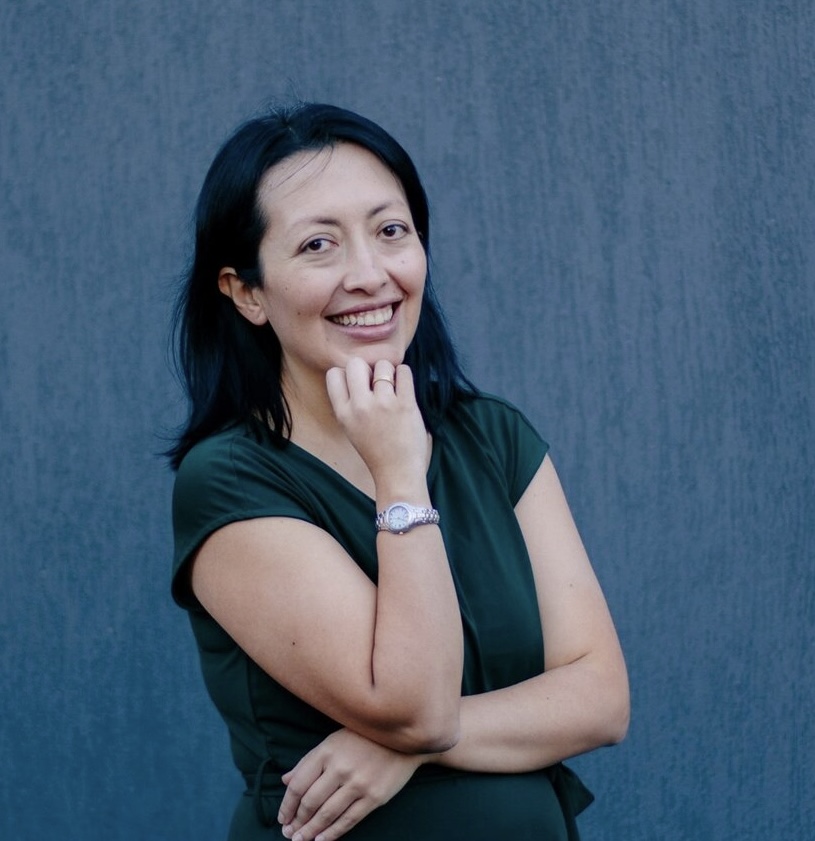
Andrea Ordóñez Llanos co-founded Southern Voice, a network of over seventy think tanks from Africa, Latin America & the Caribbean, and Asia leveraging southern evidence and analysis to promote fair global development debates. An economist by training, Andrea was previously Research Director at Grupo FARO, a think tank in Ecuador. She aims to ensure that new voices and ideas from the Global South are heard across regions to advance some of the most complex problems of our time. Her research interests are social
policy, public finance, development financing, and international cooperation. She is a member of FCDO’s International Development Expert Group, the International Scientific Advisory Board of the German Institute of Development and Sustainability (IDOS), and a Publish What You Fund board member.
Vivian Price (Researcher and Filmmaker)
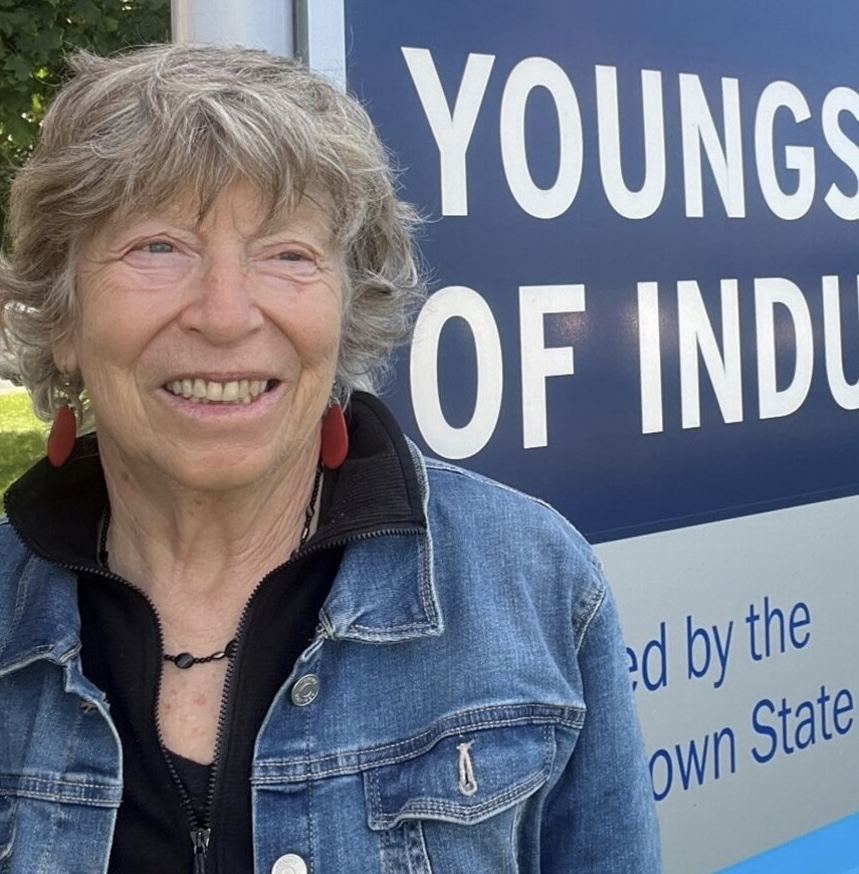
Vivian Price, PhD, Professor at California State University, Dominguez Hills & former union electrician, is a researcher and filmmaker for US and international projects on labor and climate justice. She was a Fulbright scholar at the University of Liverpool, a Fulbright specialist in Norway, working with the WAGE team at the University of Oslo on the perspective of oil workers on climate change, where she directed several video projects including Talking Union, Talking Climate. Price is a member of the Climate Industry Research Team for the Canadian Building Trades Union project on climate literacy in the construction industry. She is directing short films as part of “Transition: action, concepts, debates and strategies – an international comparison,” a study based in the Leeds School of Business and is a visiting scholar at the University of Eastern Finland working on a film on workers and environmentalists in the context of Finnish forest climate sink, as well as
serving on the research team for the Critical Minerals Just Transition Listening Project (Sloan Foundation).
In order to be considered for inclusion in the program, please indicate clearly the number and title of the panel that you wish to contribute to.
We are also aiming to accommodate a limited number of panels for paper submissions that do not fit under the themes of the open panels listed below. If your paper does not fit with in a pre-identified panel, please label your submission with “Undefined Panel”.
The list for Open Panels can be found by clicking the link bellow:

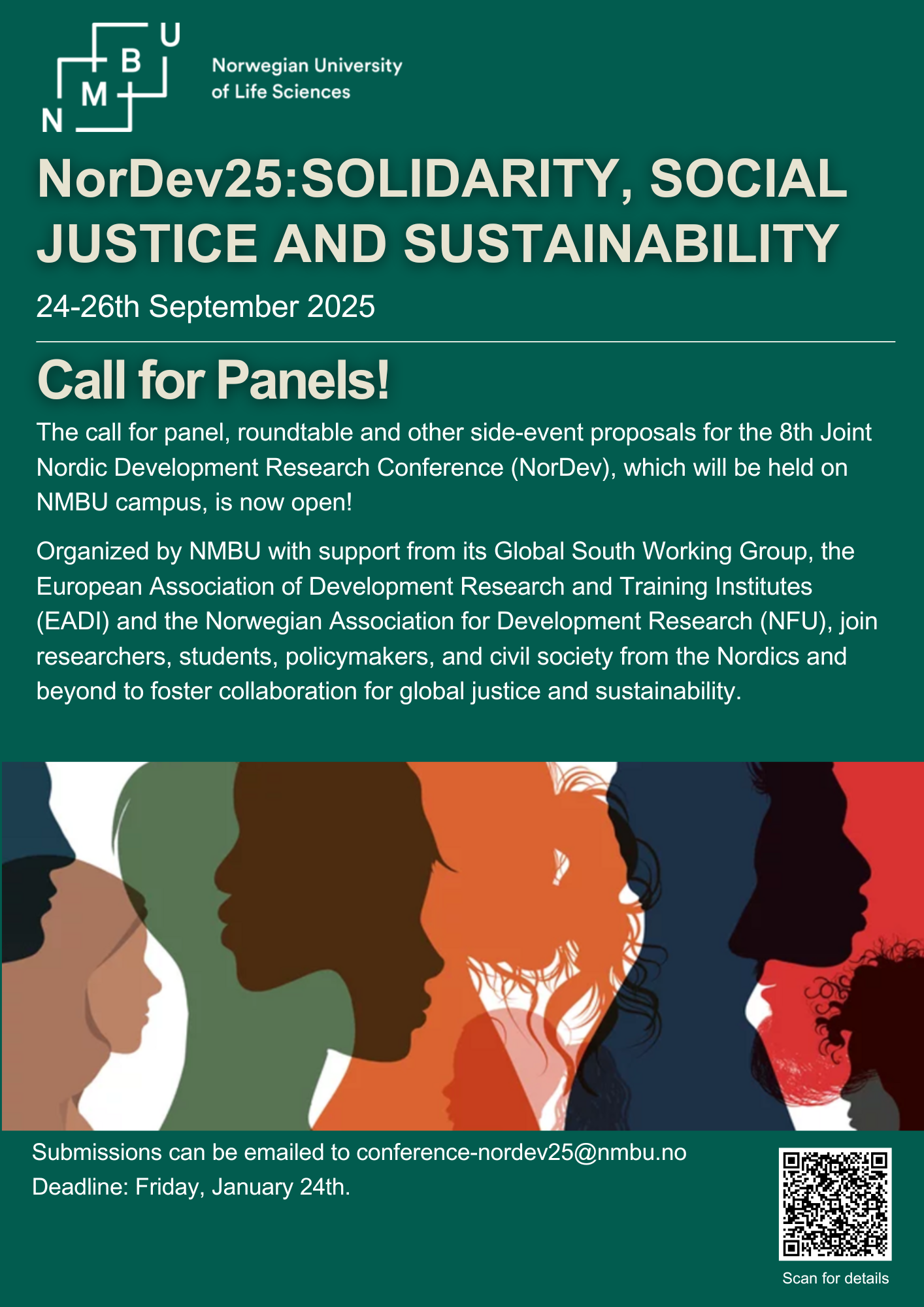
🌍 Join the conversation on Solidarity, Social Justice, and Sustainability! 🌱✨
Our upcoming conference embraces inclusivity and broad perspectives on these critical themes. 🎤 Call for Panels, Workshops, & Side Events opens early December and closes January 24th—perfect timing to showcase your ideas!
Encourage PhDs, young scholars, and colleagues to start brainstorming submissions now. Let’s shape an inspiring and impactful program together!
💡 Learn more on our website https://www.nmbu.no/evu/nordev25-solidarity-social-justice-and-sustainability-be-held-nmbu-24-26th-september-2025.

In 2023, the government decided that students from countries outside the EU must pay tuition fees to study at Norwegian educational institutions. Since then, the number of students from countries outside the EEA area has plummeted.
At UiA this year, only 17 international students pay tuition fees, nine of whom receive support through various scholarship schemes. This decline is clearly felt in studies such as the bachelor’s and master’s programmes in development studies, which were known for their international diversity among students. Now, almost all students in these programs have either Norwegian or European passports.
During Arendal Week, researchers at the Faculty of Social Sciences arranged a panel debate on the societal consequences of Norwegian lecture halls losing much of their diversity. The debate was chaired by Professor Ann Christin Nilsen at the Department of Sociology and Social Work and was arranged in collaboration with the Norwegian Association for Development Research (NFU) and SAIH.
The debate was held four years after the white paper “A world of opportunities”, in which it was argued that global problems require global solutions and more cooperation across national borders. Since then, a lot has changed. The introduction of tuition fees for students outside the EU is part of a pattern in which other support for collaboration with research and educational institutions in the Global South is also either cut or reduced. This includes support schemes such as NORGLOBAL and NORPART, which have long contributed to cooperation with countries outside the West.
A small band-aid on a large wound
To compensate for some of the drop in the number of international students, the authorities have introduced a scholarship scheme for students from selected countries in the Global South.
However, the scholarship scheme is only a small band-aid on a big wound, according to panelist and associate professor Arnhild Leer-Helgesen at the Department of Global Development and Planning. She pointed out that the scholarship scheme applies to few students and is also covered by the aid budget, which means that it in reality affects Norway’s ability to provide aid.
Came like lightning from a clear sky
UiA Rector Sunniva Whittaker also participated in the panel. She emphasized that the introduction of tuition fees came like lightning from a clear sky, but that it nevertheless draws into a pattern where the international aspect is given lower priority in research and education policy. Economy and savings were used as the main arguments for the introduction, but Whittaker wondered about the cost. UiA has largely managed to fill the study places with other students, but the diversity among the students has decreased. Whittaker fears this will affect the quality of the studies.
This view was shared by Professor Iver B. Neuman, director of the Fritjof Nansen Institute. He emphasized that discussions among fellow students from different backgrounds provide invaluable training in globalization and cosmopolitan conversation, which is essential for solving global challenges and living together.
Important to stand up for the principle of free higher education
SAIH leader Selma Bratberg also participated in the debate. She pointed out that the global situation for higher education is serious, with rising tuition fees and pressure on students’ freedom of expression.
“It is important that Norway stands up for the principle of free education,” she continued.
Bratberg also claimed that students, both now and throughout history, have been an important driving force for democracy, human rights and social change.
“In a world where authoritarian forces and nationalism are on the rise, it is extra scary
with such politics,” she concluded.
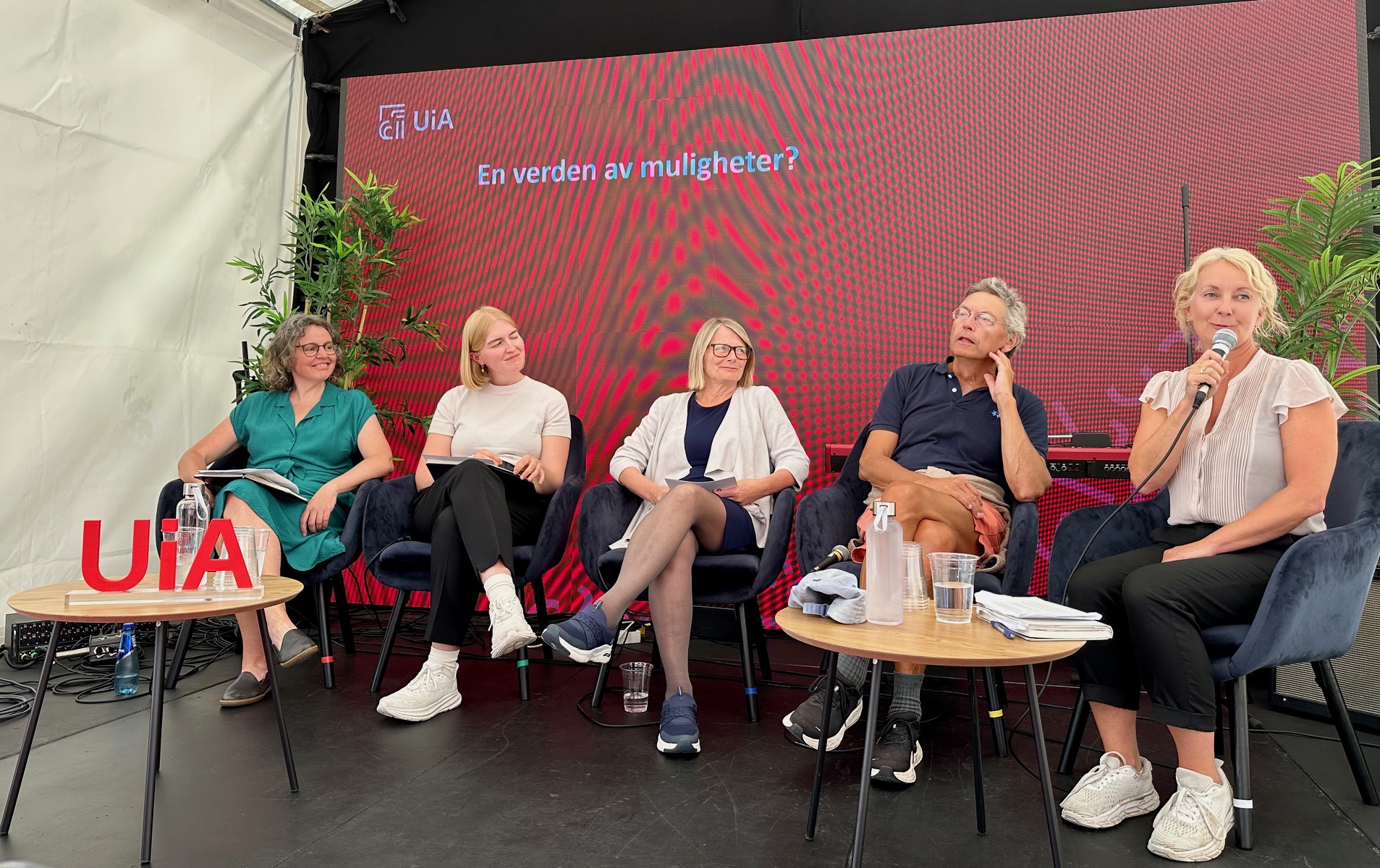
What world of possibilities?
In the autumn of 2020 – while the pandemic was still raging – the Storting’s report on student mobility called “A world of opportunities” came out. The foreword to the message states: “Spring 2020 has clearly shown us how dependent we are on each other and how intertwined the world is. International cooperation and dialogue across national borders are prerequisites for being able to handle the major global social challenges the world is facing. Global challenges require global solutions.” Just over two years later, tuition fees were introduced for students from countries outside Europe and the result is markedly fewer international students at Norwegian universities. This is part of a larger picture where support for collaboration with higher education institutions and researchers in the global south is cut or reduced (e.g. NORGLOBAL and NORPART). What are the immediate consequences of this for the quality of education and research? Should we see these policy changes as something more than domestic education and research policy? What long-term consequences could this have for the labor market and Norway’s international relations? At Arendalsuka, we invite you to a discussion about who the Norwegian authorities have in mind when exchange and academic cooperation are to contribute to finding global solutions to global challenges.
Please click on the link bellow for more details:
https://www.arendalsuka.no/programsok/details/25007
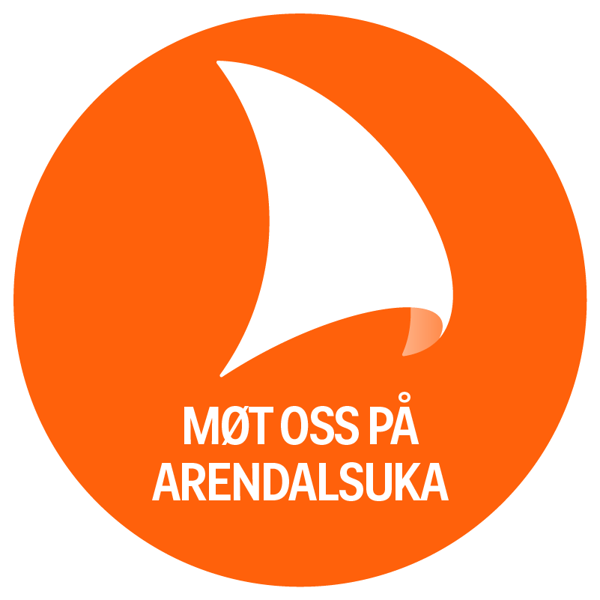
The 5th Joint Nordic Conference on Development Research (NorDev)
‘Knowledge Production in North-South Collaboration: Challenges in an Era of New Global Divides’
27-28th June 2019, Copenhagen
Call for working groups and panels
Asymmetric local and global power relations are on the rise. These include deepening divides between North and South. Politically, academically, socially and on a range of other fronts, Northern governments have increasingly returned to a narrow minded, self-oriented development path. Despite official rhetoric such as the SDGs and the Paris Declaration, the spirit and practice of solidarity is more remote than for years. Restrictions on academic movement, prioritization of North-centred issues and lack of interest in addressing key social and environmental challenges in the South are some of the worrying trends. However, divides and imbalances are not only observable between countries and regions, but emerging within societies across the planet. Elite projects and exclusivist populism are a global phenomenon and affect the well-being of people everywhere.
The 5th Joint Nordic Conference on Development Research aspires to address these trends and challenges through a format including keynote presentations, panels and working groups, roundtables and poster presentations, and to enable dialogue and networking between participants from all parts of the world. We welcome especially contributions that analyse and challenge global divides in the thematic areas of knowledge production; institutions of global governance; distribution of resources and wealth but also of risks; migration and climate change policies; or the formulation and implementation of the SDGs, to name but a few.
We invite proposals for working groups and panels. Each working group (section) consists of up to three panels. Each panel is planned for 90 minutes and should consist of 3-4 papers, a chair and a discussant. Working groups can have a minimum of 3 and a maximum of 12 papers. It is also possible to propose single panels, consisting of 3-4 paper givers or contributors. Panels may also be organised as roundtables or poster presentations.
Continue reading “The 5th Joint Nordev: Call for Working Groups and Panels”